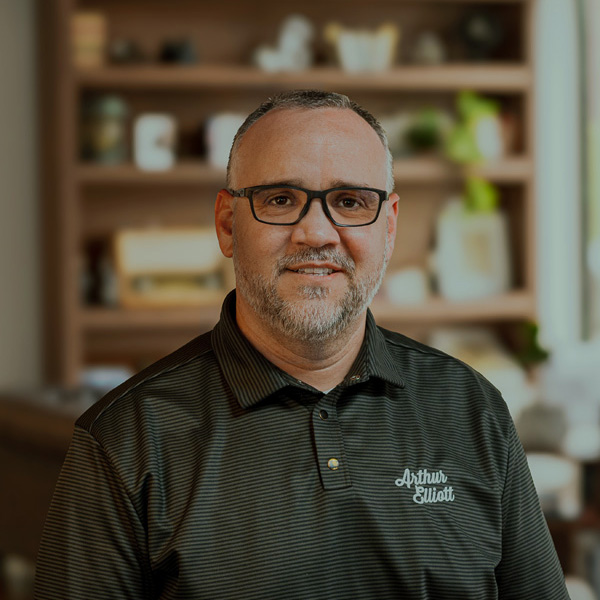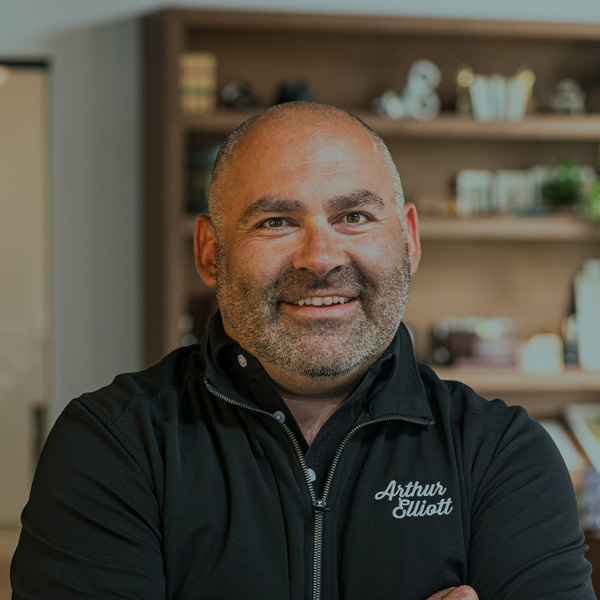The art of storytelling…at what point does it become an art? This is something to keep in mind as we finish up National Podcast Month. Why? In an age where people are drawn to visual and video style storytelling, podcasts continue to trend. It seems the art of storytelling is what makes podcasters LISTEN.
According to Forbes, nowhere is the podcast more popular than in the United States — which lays claim to the most podcast listeners in the world (over 100 million.) The growth and popularity experienced by this category over the past year are enough to have anyone listening a little bit more intently — and even trying it out for themselves. Nearly 80% of Americans over the age of 12 are now aware of podcasts — which is up more than 30% from a decade ago. Even in 2015, only a minority of Americans considered listening to podcasts in their day-to-day lives. This is perhaps due to the continued rise in digital media, devices, and platforms. But we like to think it’s because of storytelling — the art that drives people to LISTEN.
From Forbes: In the end podcasting comes down to relationship management. What does that mean? Well, podcasting is a part of the relationship business. The best podcasters serve as connectors — people who build bonds with those around them, from the interviewees to the listeners themselves. The stronger those bonds become over time, the more popular the podcast becomes. You can think of it like a storytelling friendship. You make the story “sticky” enough that people listen, then story after story they come back. You become part of their every day, and they rely on you. AKA…friendship. Not to mention, stories among friends is the most basic form of storytelling.
Of course, there’s no “secret recipe” to podcasting. But a key ingredient is to nurture a network on people who know, like, and trust you. In this industry it so often becomes all about the tactical elements, equipment, and deadlines — which are important — but it’s also important, maybe even more so, to step back and reinforce the benefit of what YOUR brand does vs. others. How is YOUR story connecting to your audience? It’s like sitting down for a movie — there’s a story arc and a journey. What’s yours?
An explanation for the connection (or friendship) to podcasts is their low barrier for entry. Podcasts are great for anyone who doesn’t feel comfortable in front of a camera and for those who feel they’re in a group struggle to be heard. You can put your voice out there. You can mentor. You can guide! Anyone can do it.
Forbes believes there are three key things to starting a podcast. They are:
- Plan, plan, plan — detail your brand — make sure you have the time, money, and ABILITY to get the right guests (people with stories that support your journey)
- Put yourself out there — listen and learn from others (like right now!)
- Create something that matters to you — don’t try to make it perfect (it won’t be), and practice vulnerability. It’s what makes your listeners (your friends) trust you and LISTEN.
Back to that opening question: At what point does podcasting become an art? Maybe it’s not a “when” but a “how.” It’s the person, the story, and the brand.






